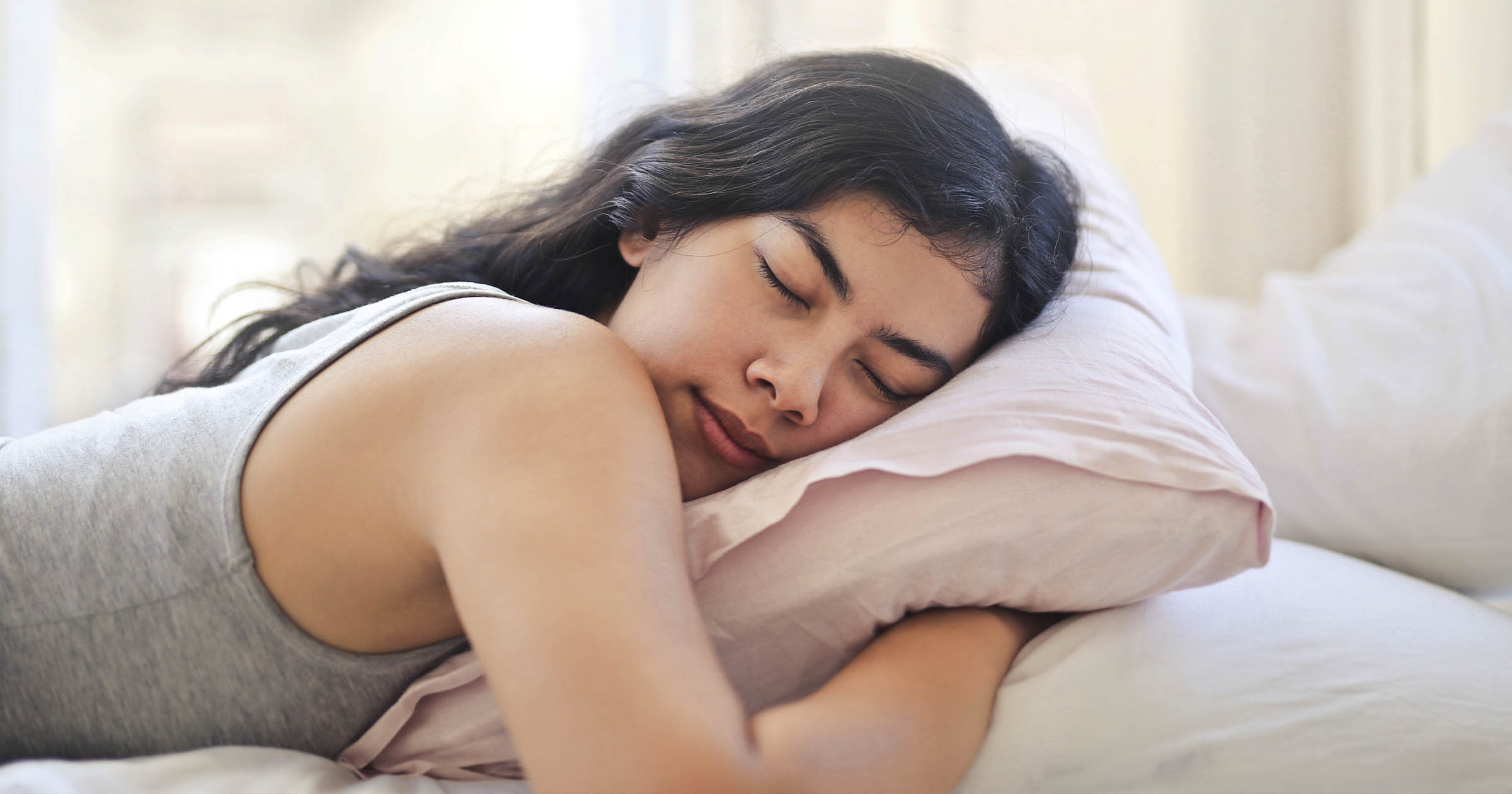“Sleep plays a vital role in good health and well-being throughout your life. Getting enough quality sleep at the right times can help protect your mental health, physical health, quality of life, and safety.”
National Heart, Lung, and Blood Institute

Can Exercise Help Improve the Quality of my Sleep?
Exercise holds many benefits that most of us are aware of. Exercise has been proven to help with weight loss, fighting heart disease, and gaining muscle mass. But many of us may not be aware of a short term benefit that exercise can provide as well. Something that is so short term, you will experience it that same day!
Exercise allows your mind and body to experience better sleep every night. If you work out on a regular basis, you may not have even realized that your good night’s sleep and increased alertness the next day is credited to that hour of exercise you gave yourself the day prior. From aerobic or endurance training to lifting and yoga, these will all provide you that good rest to recharge for the next day.
“Coach James Fitness class is one of the best classes I’ve done. I get the best sleep the after completing one of his classes!”
– Savio Barretto (Academy of Self Defense Member)
However you choose to work out, by the end of the day, you will find that both your transition to a sleep state as well as the actual quality of sleep has improved. Upon finishing your exercise for the day, whether that be for 30 minutes or 2 hours, your body will experience two things:
An increase in core body temperature,
& a release of endorphins in the brain.
This combination allows for you to fall asleep easier at the end of the day. As endorphins improve your mood and relieve stress, this relieves your mind to transition to sleep much more naturally at night. Body temperature plays a more physical role in sleep. As your core temperature raises a few degrees during exercise, it eventually must come back down later in the day, causing a feeling of drowsiness and an easier transition into a sleep state. The elevation of your heart rate that naturally occurs with exercise has shown to improve the overall quality of one’s sleep at night. This does so by increasing the level of deep sleep throughout the night, improving one’s Rapid Eye Movement Cycle (REM cycle). The REM cycle is a key factor to a person’s quality of sleep. By being able to reach the deepest form of sleep, which is where you normally dream, it creates an increased mood and alertness for the next day. With an improved REM cycle, your body and mind experiences an overall better quality of sleep.
While just a minimum of 30 minutes a day can drastically improve your sleep at night, it is important to acknowledge the correct time of the day to exercise to experience these benefits. For some, there is no correlation to the time of day they work out and achieving better sleep, but for some, working out too late in the afternoon will wake them up even further.
When the brain releases its endorphins during exercise, this can increase the level of brain activity, causing some to stay awake. The same can be applied to body temperature. When your body temperature raises, this can be compared to a hot shower in the morning, causing you to feel more awake.
If you tend to feel more awake and unable to fall asleep after a workout later in the day, then plan to work out earlier, giving your body 1 to 2 hours to wind down before you go to bed.
While some may experience these effects, this is not the case for everyone, therefore it is important to listen to your body.
By working out on a daily basis and listening to your body, you can achieve a high quality sleep every night, allowing you to feel refreshed and ready to do it all over again the next day.
Contribute to a good night’s sleep by scheduling in a workout in your daily routine!
_________________________________________________________________
Author: M. Robeson
References:
1. https://www.hopkinsmedicine.org/health/wellness-and-prevention/exercising-for-better-sleep
2. https://www.sleepfoundation.org/articles/how-exercise-impacts-sleep-quality
3. https://www.webmd.com/sleep-disorders/sleep-101
4. Photo Credit: Andrea Piacquadio (https://www.pexels.com/photo/woman-in-gray-tank-top-lying-on-bed-3807760/)